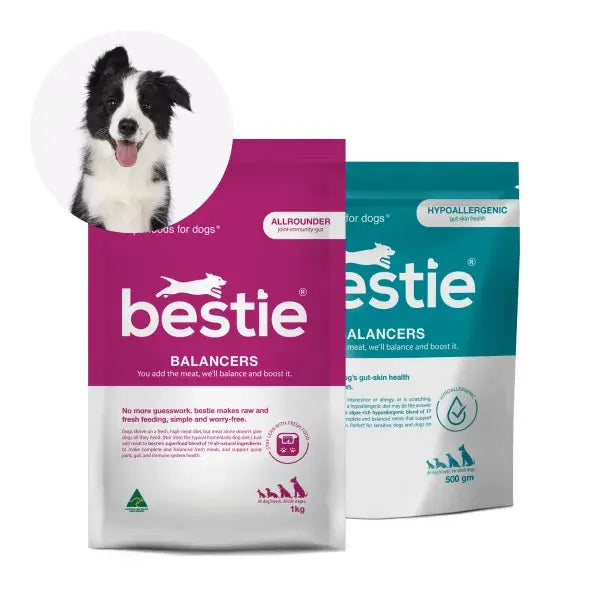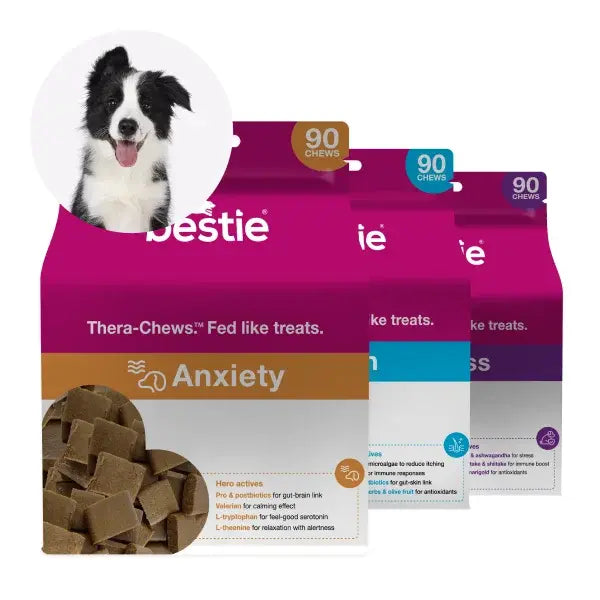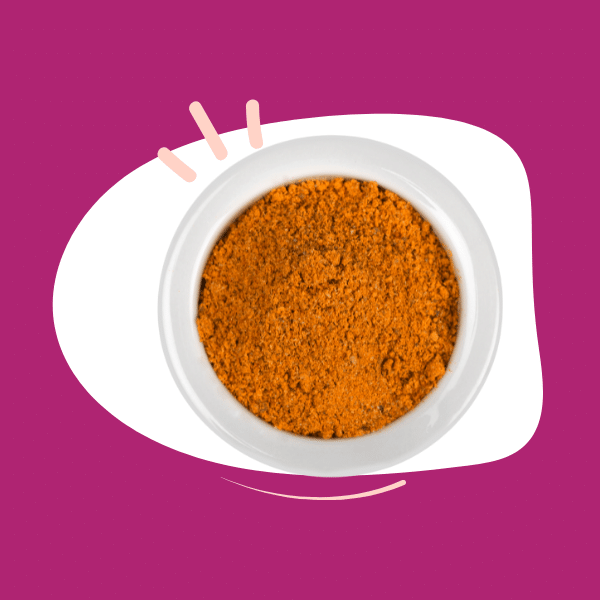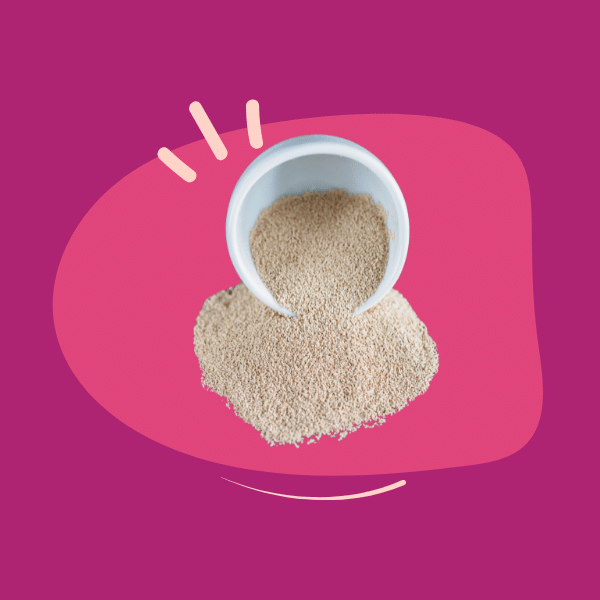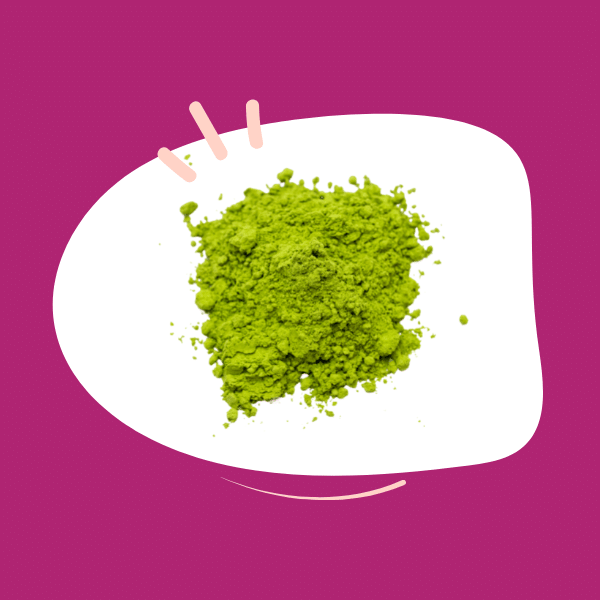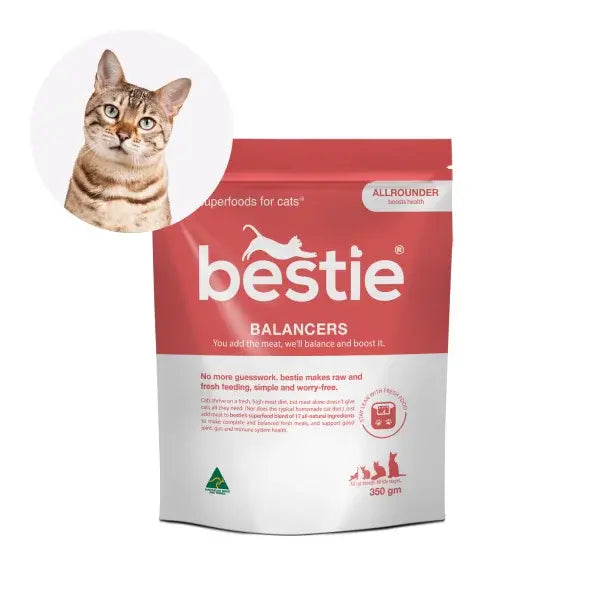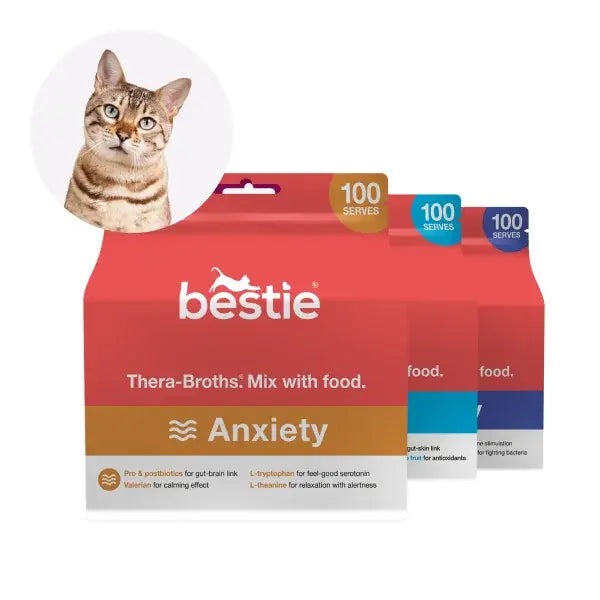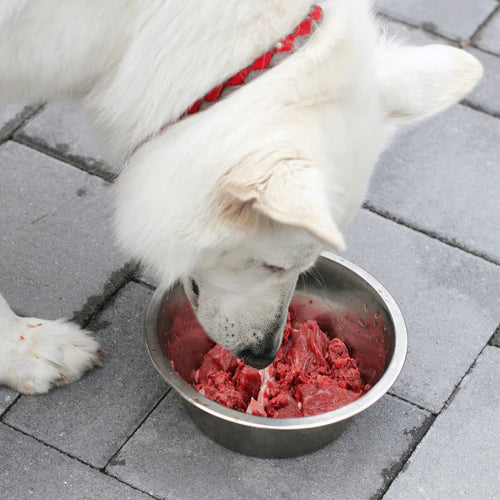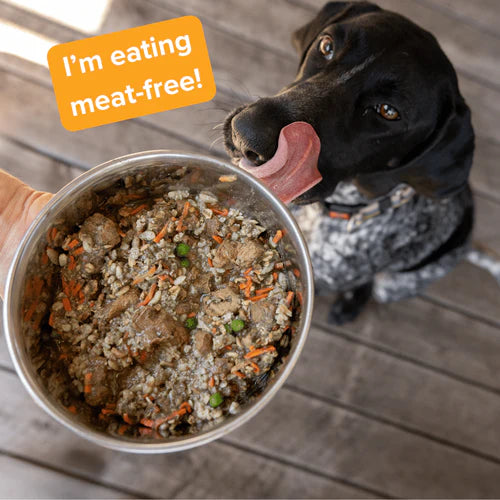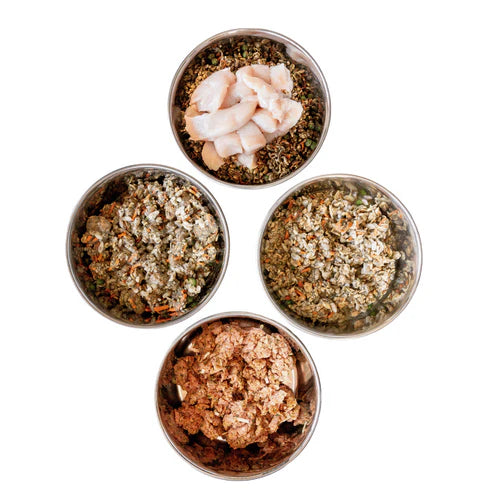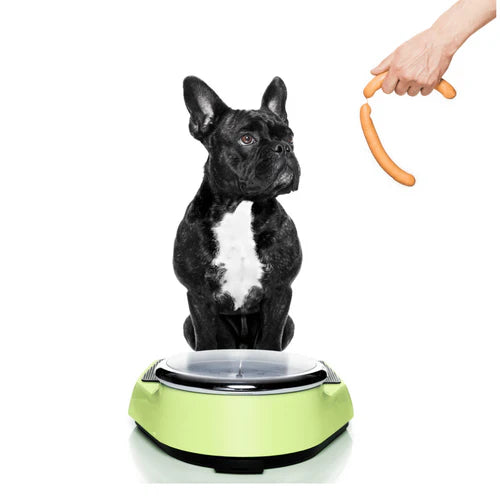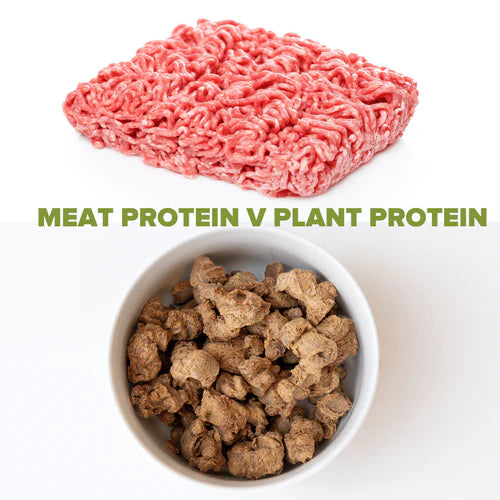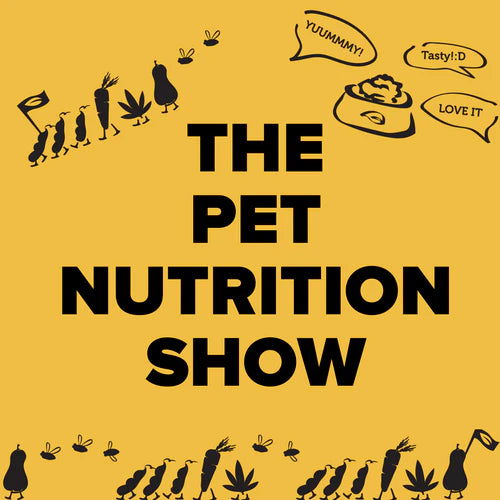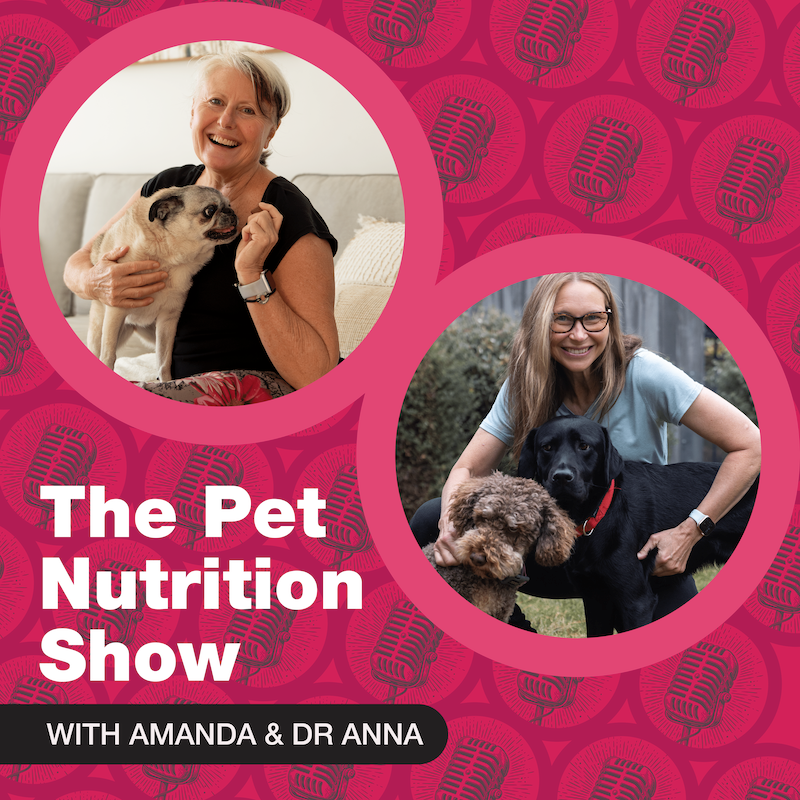I am on to my second order now and couldn’t be happier with the product. I recommend this company to anyone looking for something to help with skin problems in their doggies.
That's brilliant! Glad to hear it's helped with those itchy feet.
The HYPOALLERGENIC Balancing Topper for Dogs has made a world of difference for my dog's health. After following the advice of a holistic vet, we switched her protein to venison and fish, and have been using this topper for the past 8 months. The results have been incredible—she's lost weight, her skin issues have cleared up, and her digestive problems are completely resolved. Now, she's full of energy and running around like a puppy again. I highly recommend this product for anyone looking to improve their pet's overall health!
That's fantastic news...I'm so glad to hear that. It's also a good reminder that some things don't resolve overnight and need some persistence...good job all round from you and the vet.
Big plus is that she eats it as she can be a fussy Cavoodle 11 months old. I am reassured that she is receiving her essential nutrients
That's excellent to hear!!
Very good and Missy seems to like them thanks
That's great to hear! Thanks...
Bonnie loves these. Still early days. She wishes they are bigger.
She seems to be calmer.
That's great to hear that she loves then and she seems to be a bit calmer...and re size, yes, trying to suit the small dogs as well as the larger ones...sorry!


